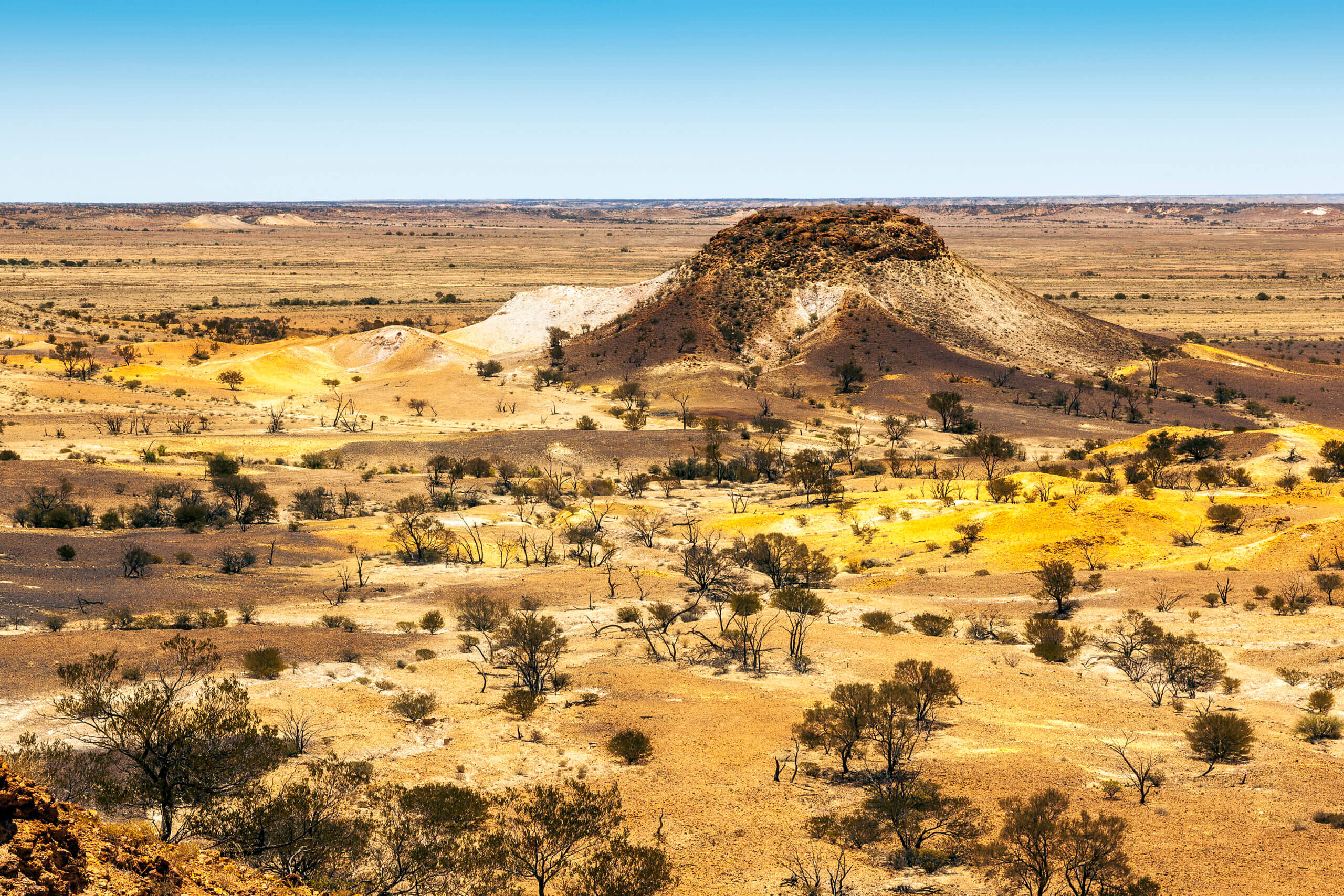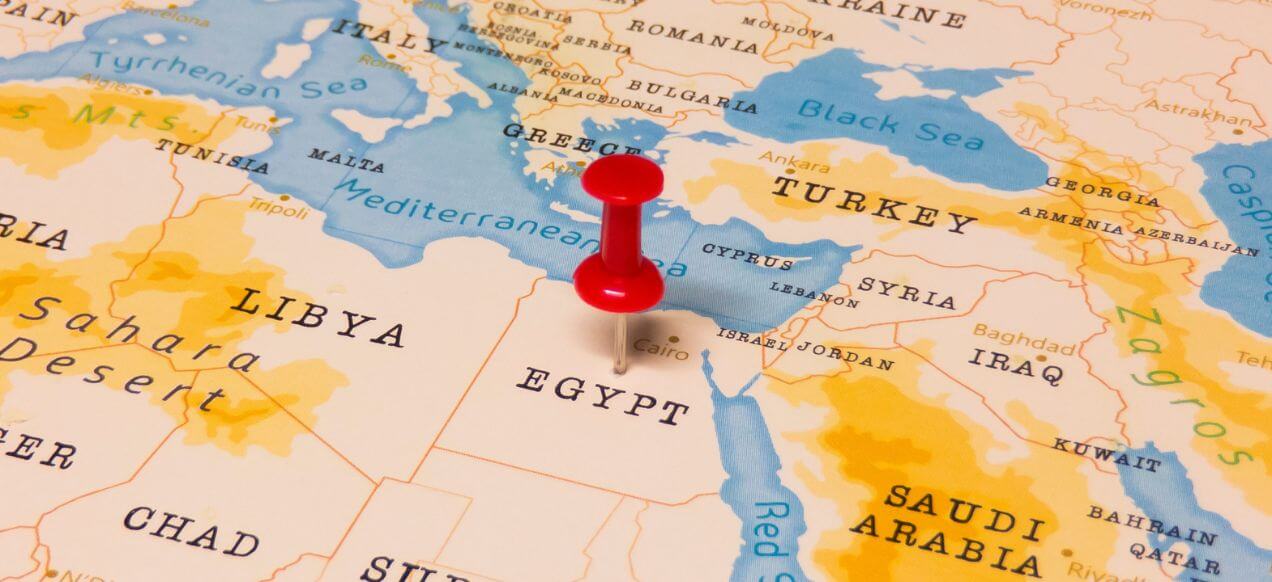ESG Impact Case Study
Indigenous Communities Investigation
A client sought our help to understand the ESG and corruption risk surrounding a proposed carbon credit program in a South American country. This included an investigation of key individuals who would engage on the client’s behalf with international third parties, as well as a comprehensive assessment of the situation on the ground and the views of key stakeholders, including indigenous communities, environmental activists, and local civil society and government.
Leveraging our trusted human-source contacts—including anthropologists working with indigenous communities, academics who specialize in conservation, and local representatives of NGOs—we gauged the authentic views and reputations of the authorities overseeing the program, as well as the decision-making processes associated with the government initiative. We also investigated two key individuals who would represent the client locally, their connections to the government, and the extent of their local influence. In addition, we identified opportunities and challenges to the client in obtaining free, prior, and informed consent (FPIC)—vital for ESG investors’ ability to operate successfully and respectfully—to participate in the carbon trading programs.
TDI found that there was little opposition to the carbon trading programs but a significant history of corruption, especially regarding publicly funded salaries, and a lack of transparency around government initiatives. Many locals did not fully understand the proposed carbon credit program and the processes involved—and thus could not fully provide free, prior, and informed consent. We mapped out all stakeholders to get a full view of the situation, distinguished which parties were against and in support of the initiative, and highlighted scandals or social issues associated with each of the two key individual who would represent the client. With our detailed analysis, the client decided to move forward by developing an outreach program to inform the local community about the carbon credit program and their presence.
Download the PDF

